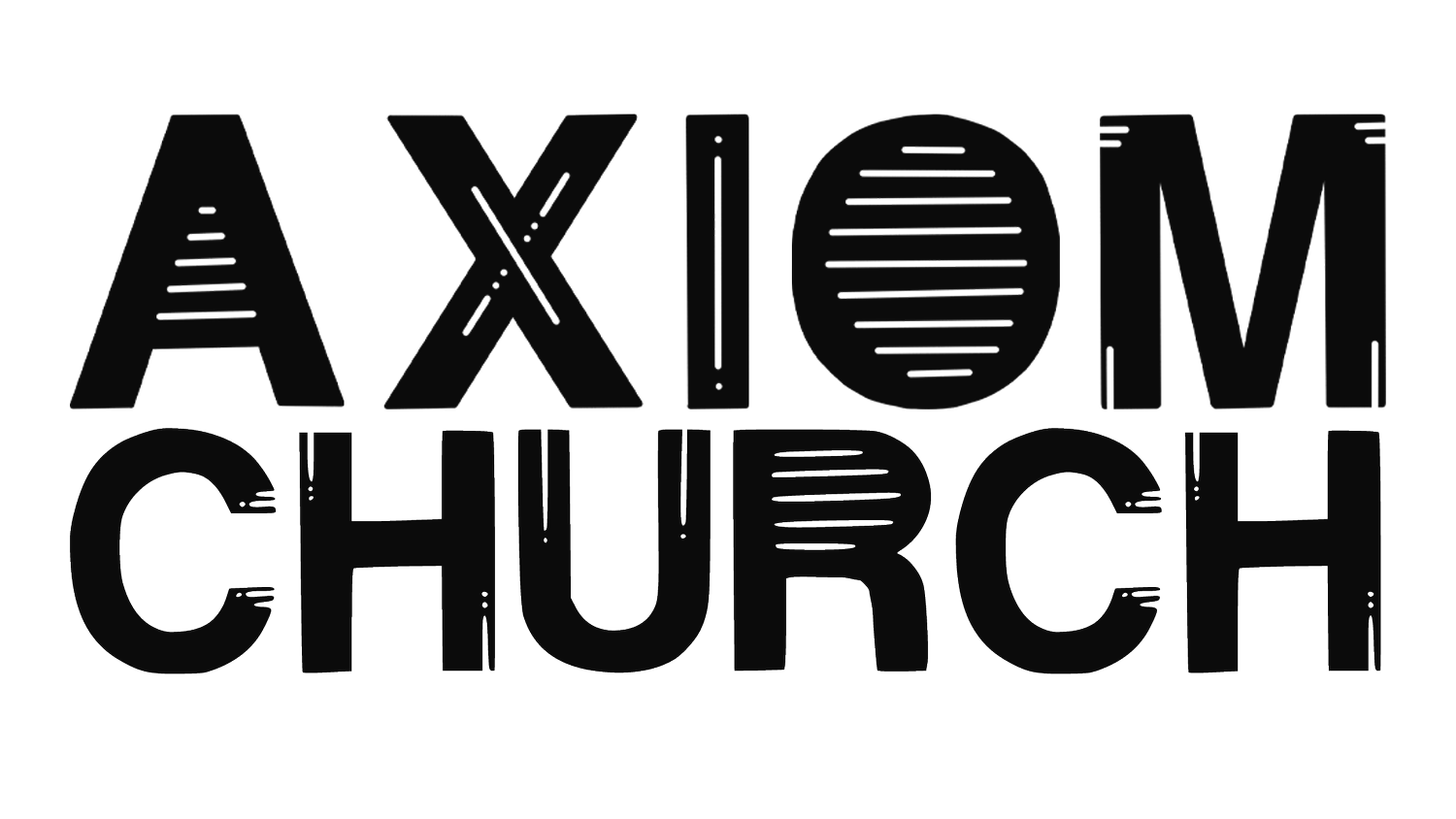A Case for Covenant in Modern Christian Community
by Johnny Kerr
Similar to marriage, also a covenant relationship, entering into a covenant with an individual or community provides more support, security, and stability than a non-covenant relationship. Covenants are not as casually made or broken as other associations. When protected and honored, a covenant is one of the strongest bonds humans have. When life gets difficult—and especially when a covenant relationship encounters tension or conflict—a covenant can be an important lifeline and external motivator for us to seek reconciliation. Without this mutual intentionality and accountability the possibility that resentments will either build to a destructive climax or simply cause us to drift apart increases. But a relationship that successfully navigates conflict, no matter how messy, and pursues reconciliation will emerge stronger than it was before the conflict.
It is common knowledge that throughout most of recorded history, marriage was often a pragmatic union of two families, often arranged for the mutual benefit of both families, and often not by choice of the betrothed. Successful marriages in that context often began with the covenant relationship and mutual dependence for survival being the only binding ties to each other. Over time, a successful partnership will develop into mutual love, care, and prosperity. We simply have to choose each other. Two are stronger than one. Whereas one person alone may struggle to persevere against the hardships of life, the combined efforts, talents, resources, and support of facing them with an equally-yoked, committed companion make a lighter burden (this increases tenfold when God is invited in as a third partner and focal point). These benefits increase exponentially when extrapolated on a community scale with Christ at the head.
Most of our marriages today are born from mutual love and free choice rather than arranged betrothal, but the course is much the same. Romantic infatuation eventually fades and we are left with each others’ humanity and our vows. When life gets hard, when we encounter tension and conflict and the bond of love is strained, honoring the marriage covenant is what moves both partners to reconciliation, making it possible for them to keep reaping the benefits of a loving partnership and a thriving future together.
I use marriage language here because it is one of the only commonly-accessible covenant examples we have in modern times, and because it seems to matter that Jesus uses marriage as a metaphor for his relationship with the church; He calls us His bride. Although I am using marriage as a metaphor here, make no mistake; this applies to all in the church: the married, the engaged, the divorced, the widowed, the single, the fatherless, the motherless, the childless, thriving families, struggling families, broken families…all of us. Each relationship dynamic has its own unique context and nuance, but in health they all have a common denominator: humans, in all our flawed glory, yielded to our loving Creator.
Axiom Church leaders have been working for a season towards crafting a covenant initiative to help unite our church body in ways that bring the tangible Kingdom into our midst, and the richness of life that comes with it. I recognize that for many westerners, particularly Americans, this call to unity pushes against an established cultural norm of resisting conformity. This blog post was written to begin introducing the idea of covenant community to those who may be unfamiliar with or resistant to the concept of covenant. I hope that this has inspired you, or at the very least piqued your curiosity as we get closer to rolling out our Common Union initiative (stay tuned!).
One final note on the language used in this article: Words like “unity” and “covenant relationship” and “solidarity” do not imply homogeneity. Unity (in Christ) and covenant community are tenants of the Christian faith, and they leave plenty of room for diverse expressions and individual identity under the larger umbrella of Jesus’ covenant family. We are not asking you to give up your identity and individuality, nor are we asking you to hold all beliefs in common with this community. We are inviting you to partner with each other in robust community life—a life rooted in our shared identity in, and submission to, Christ Jesus.
Whether an arranged marriage, or a marriage born from mutual love, most humans don’t enter into a marriage thinking “what’s in it for me?” Perhaps the better question to ask is “what’s in it for us?” To that, I would point to God’s promised future reconciliation of all things under Heaven and Earth. Jesus ushered that future Kingdom reality into the present. As we stand together in covenant relationship, equally committed to each other and Christ, we get to be part of manifesting that future reality in the present. We get to experience a bit of Heaven on Earth now as a united community of “us” rather than go it alone in a fallen world. The Way of Jesus is challenging. Take heart; we are in this together!
References and Notes
Cigna. (2018, May). The state of Loneliness in America. Cigna US Loneliness Index. Retrieved June 28, 2022, from https://secure.cigna.com/assets/docs/newsroom/loneliness-survey-2018-updated-fact-sheet.pdf
Pratt, L. A., Brody, D. J., &; Gu, Q. (2015, November 6). Products - data briefs - number 76 - October 2011. Centers for Disease Control and Prevention. Retrieved June 27, 2022, from https://www.cdc.gov/nchs/products/databriefs/db76.htm
American Foundation for Suicide Prevention. (2022, June 14). Suicide statistics. American Foundation for Suicide Prevention. Retrieved June 28, 2022, from https://afsp.org/suicide-statistics/
Axiom Church, Axiom Church Common Union Initiative, unpublished
Language can be tricky. Despite best efforts to communicate with clarity and truth, we recognize the very real possibility of misunderstanding or disagreement, especially when pushing back against cultural norms. If you have questions or concerns about anything written here, please reach out to an Axiom leader to express concerns, seek clarification, and continue a healthy dialog in the context of loving community.

